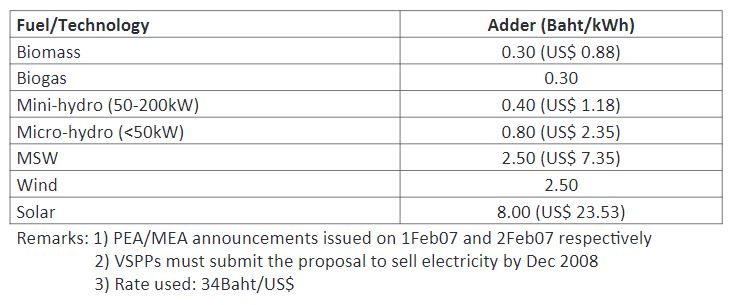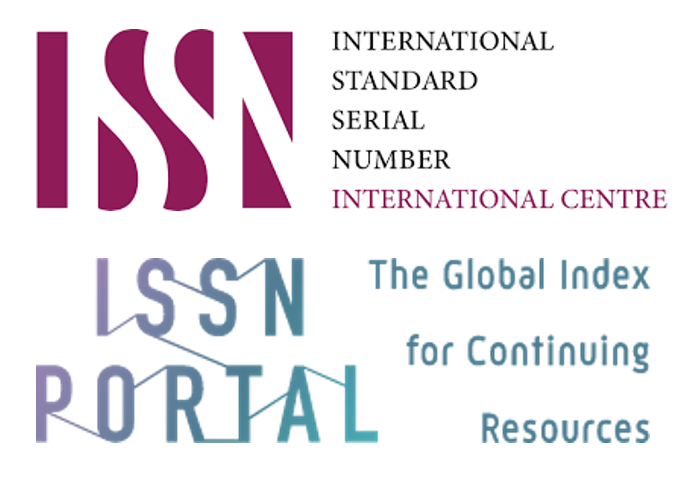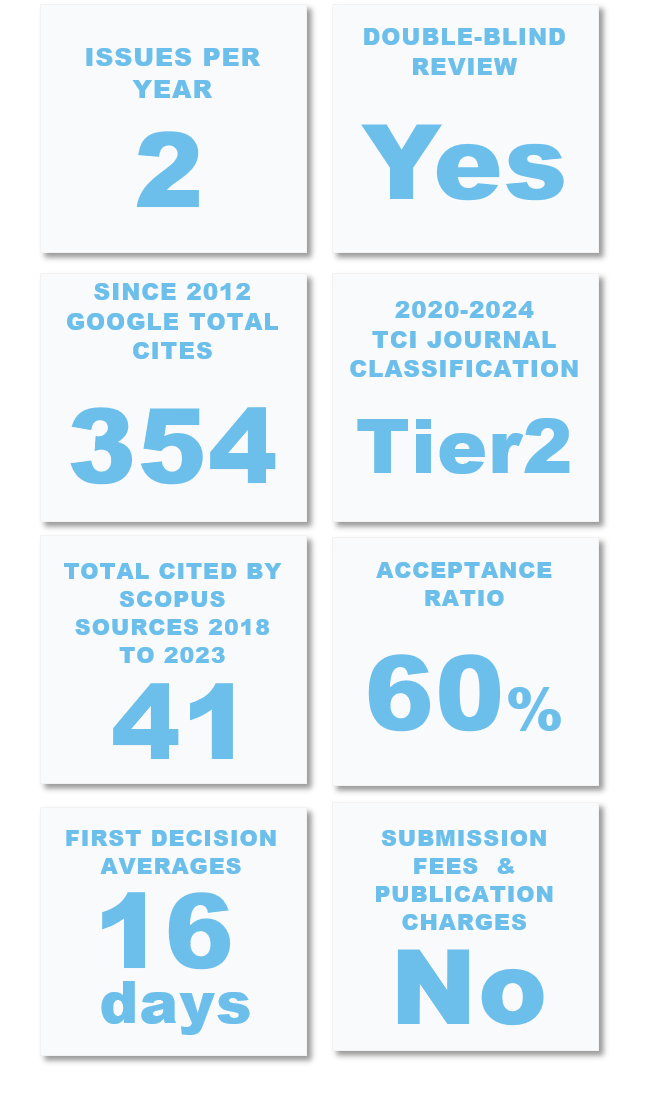Thailand's Future Green Energy for Sustainable Urban Development
Keywords:
green energy, sustainable planning, urban development, ThailandAbstract
Due to energy efficiency action plan to reduce the energy intensity, the recommendation for utilization of renewable energy integration plays an important role among several choices of renewable energy, especially solar, biomass and wind energy and development the cogeneration system. However, different available sources of distributed energy resources both combined heat and power (CHP) system or renewable energy system have its own potential of implementation through urban development. Thus, this paper reviewed the situation and demonstrated the potential of the implementation of different energy options under constrains and limitations. Furthermore, environmental issues among local people were considered towards the implementation process under public resistance along with rules and regulations in obtaining permission and trend of investment. As such, the finding could be strategically important to the sustainable development of the country with the possibility to allow private sector to participate in the generation business could be in order to promote the competition of power industry.
Downloads
References
Chingulpitak, S., & Wongwises, S. (2014). Critical review of the current status of wind energy in Thailand. Renewable and Sustainable Energy Reviews 31 (2014). 312-318.
Chris, G. (2006). Decentralizing Thai Power: Towards a sustainable energy system. Greenpeace Southeast Asia: Chonburi Province, Thailand.
Department of Energy Affairs. (2001). Wind resource assessment of Thailand. Final report. Central Press: Bangkok, Thailand.
Deutsche Gesellschaft für Internationale Zusammenarbeit (GIZ) GmbH. (2013). Final reports of electricity generation from Thailand’s solar panel. September 2013.
Electricity Generating Authority of Thailand (EGAT). (2010).Summary of Thailand power development plan 2010- 2030 (PDP 2010). Retrieved from https://www.egat.co.th/en/images/about-egat/PDP2010-Rev3-Eng.pdf
Elliott, D., Schwartz, M., Scott, G., Haymes, S., Heimiller, D., & George, R. (2002). Wind Energy Resource Atlas of Southeast China. U.S. Department of Commerce National Technical Information Service: Springfield.
Greacen, C., & Bijoor, S. (2007). Decentralized Energy in Thailand: An emerging light. Unit for Social and Environmental Research (USER) - Chiang Mai University. International Rivers: Oakland CA 94612, USA.
Kerdchuen, T. (2013). Renewable Energy in Thailand: Opportunity and Technology Allocation. Energy Procedia, 34, 13-16.
Lybaek, R., Andersen, J., Hansen, O.E., & Kjaer, T. (2011). Improving the Framework Conditions for CDM in Thailand. The Journal of Transdisciplinary Environmental Studies, 10, no. 1.
Ministry of Energy. (2012). Research and Development in the field of Energy Conservation and Renewable Energy in Thailand. Department of Alternative Energy Development and Efficiency (DEDE): Bangkok, Thailand.
National Science Technology and Innovation Policy Office (STI). (2012). Thailand: Technology needs Assessments report for climate change, mitigation. United Nations Publication: Bangkok 2012.
Papong, S., Yuvaniyama, C., Lohsomboon, P., & Malakul, P. (2004). Overview of Biomass Utilization in Thailand. National Metal and Materials Technology Center: Bangkok, Thailand.
The European Commission (EC). (2010). Enhancing Institutional Capacities for the Market Development of Decentralized Energy Systems in Thailand. The Energy Conservation Center of Thailand (ECCT).
The Joint Graduate School of Energy and Environment (JGSEE). (2007). Energy policy research project to support the development of renewable energy and energy efficiency in Thailand. Retrieved from https://www.jgsee.kmutt.ac.th.
Samudrala, S., & Gonzales, A.D. (2010). Enhancing Institutional Capacities for the Market Development of Decentralized Energy Systems in Thailand. Retrieved from http://www.techmonitor.net/tm/images/3/31/10may_jun_sf5.pdf
Somcharoenwattana, W., Menke, C., Kamolpus, D., & Gvozdenac, D. (2011). Study of operational parameters improvement of natural-gas cogeneration plant in public buildings in Thailand. Energy and Buildings 43, 4(April 2011), 925-934.

Downloads
Published
How to Cite
Issue
Section
License
Copyright (c) 2019 International Journal of Building, Urban, Interior and Landscape Technology (BUILT)

This work is licensed under a Creative Commons Attribution-NonCommercial-NoDerivatives 4.0 International License.











